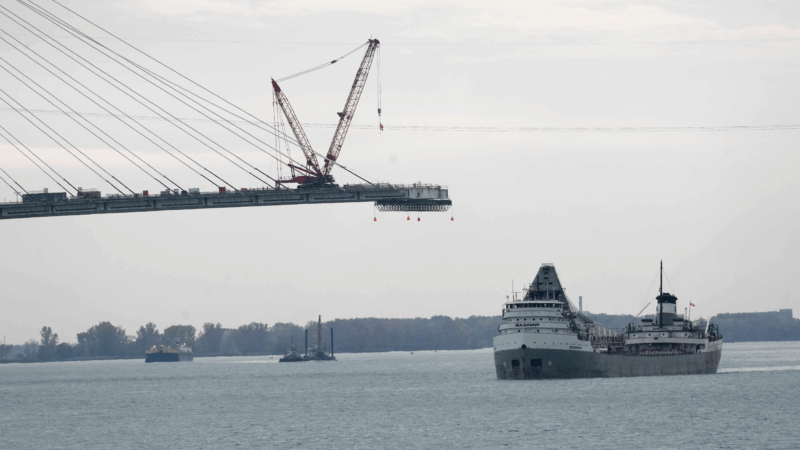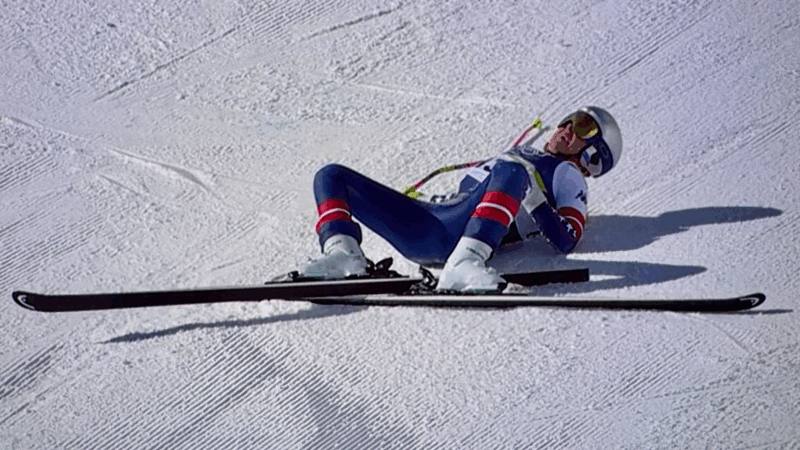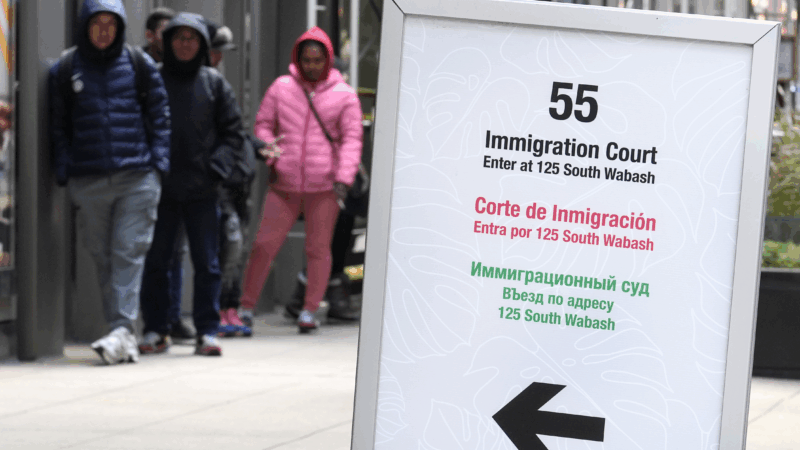Russian volcano erupts days after monster quake shakes region
A massive volcano has erupted in Russia’s far eastern Kamchatka Peninsula region for the first time in centuries, just days after a powerful magnitude 8.8 earthquake rocked the area.
The Krasheninnikov Volcano began erupting early Sunday morning local time, according to a post from the Kronotsky Nature Reserve, where it’s located.
A cloud of ash and gas from the volcano sparked an aviation red alert for planes travelling through the area, after it reached an altitude of roughly 27,000 feet. That alert was later downgraded to orange, indicating that aircraft should continue to travel through the area with caution. “Ash explosions up to 10 km (32,800 ft) a.s.l. could occur at any time,” read a statement from Russia’s Kamchatka Volcanic Eruption Response Team.
According to the Kronotsky Nature Reserve, the eruption of the volcano is the first in at least 400 years. Nevertheless, it “is not something out of the ordinary for a region with high volcanic activity,” Vsevolod Yakovlev , the acting director of the reserve said in a statement on Sunday. He added the reserve employees have evacuated the area around the volcano. The region is sparsely populated and there is currently no threat to people in the area, the statement also said.
Quakes can cause eruptions
The volcano is located just 143 miles (230 km) north of the epicenter of a massive earthquake that took place off the coast of Russia’s Kamchatka Peninsula on July 30. The magnitude 8.8 quake was among the top ten of the largest earthquakes ever recorded, according to the U.S. Geological Survey.
The quake triggered tsunami warnings across much of the Pacific, including Japan, Hawaii and the coast of California. But despite its power, it did relatively little damage. Researchers are studying why it triggered only a modest tsunami compared to other large quakes in the region, like the magnitude 9.1 Tohoku earthquake off the coast of Japan that triggered a large Tsunami in 2011, killing thousands.
The latest volcanic activity on Kamchatka could be related to the quake, according to Harold Tobin, a professor of seismology and geohazards at the University of Washington and director of the Pacific Northwest Seismic Network.
“It is definitely an interesting coincidence… Or not coincidence,” Tobin told NPR.
Tobin doubts the quake alone would have triggered the eruption. But he said if the Krasheninnikov Volcano was near erupting on its own, the quake’s seismic waves could “shake loose the system that then allows it to actually erupt.”
“It wouldn’t have experienced really extreme shaking,” Tobin said. “Nonetheless, seismic waves that are passing through the earth are certainly affecting underground systems like potentially magma that’s in cracks in the rock inside a volcano.”
Trump is threatening to block a new bridge between Detroit and Canada from opening
President Donald Trump on Monday threatened to block the opening of a new Canadian-built bridge across the Detroit River, in his latest salvo over cross-border trade issues.
Ghislaine Maxwell appeals for clemency from Trump as she declines to answer questions
Maxwell declined to answer questions from House lawmakers on Monday, but indicated that if President Trump ended her sentence, she was willing to testify that neither he nor former President Clinton had done anything wrong in their connections with Epstein.
Lindsey Vonn says she suffered ‘complex tibia fracture’ in her Olympic downhill crash
The 41-year-old star said her torn ACL was not a factor in her crash. "While yesterday did not end the way I had hoped, and despite the intense physical pain it caused, I have no regrets," she wrote.
Guerilla Toss embrace the ‘weird’ on new album
On You're Weird Now, the band leans into difference with help from producer Stephen Malkmus.
Nancy Guthrie search enters its second week as a purported deadline looms
"This is very valuable to us, and we will pay," Savannah Guthrie said in a new video message, seeking to communicate with people who say they're holding her mother.
Immigration courts fast-track hearings for Somali asylum claims
Their lawyers fear the notices are merely the first step toward the removal without due process of Somali asylum applicants in the country.





